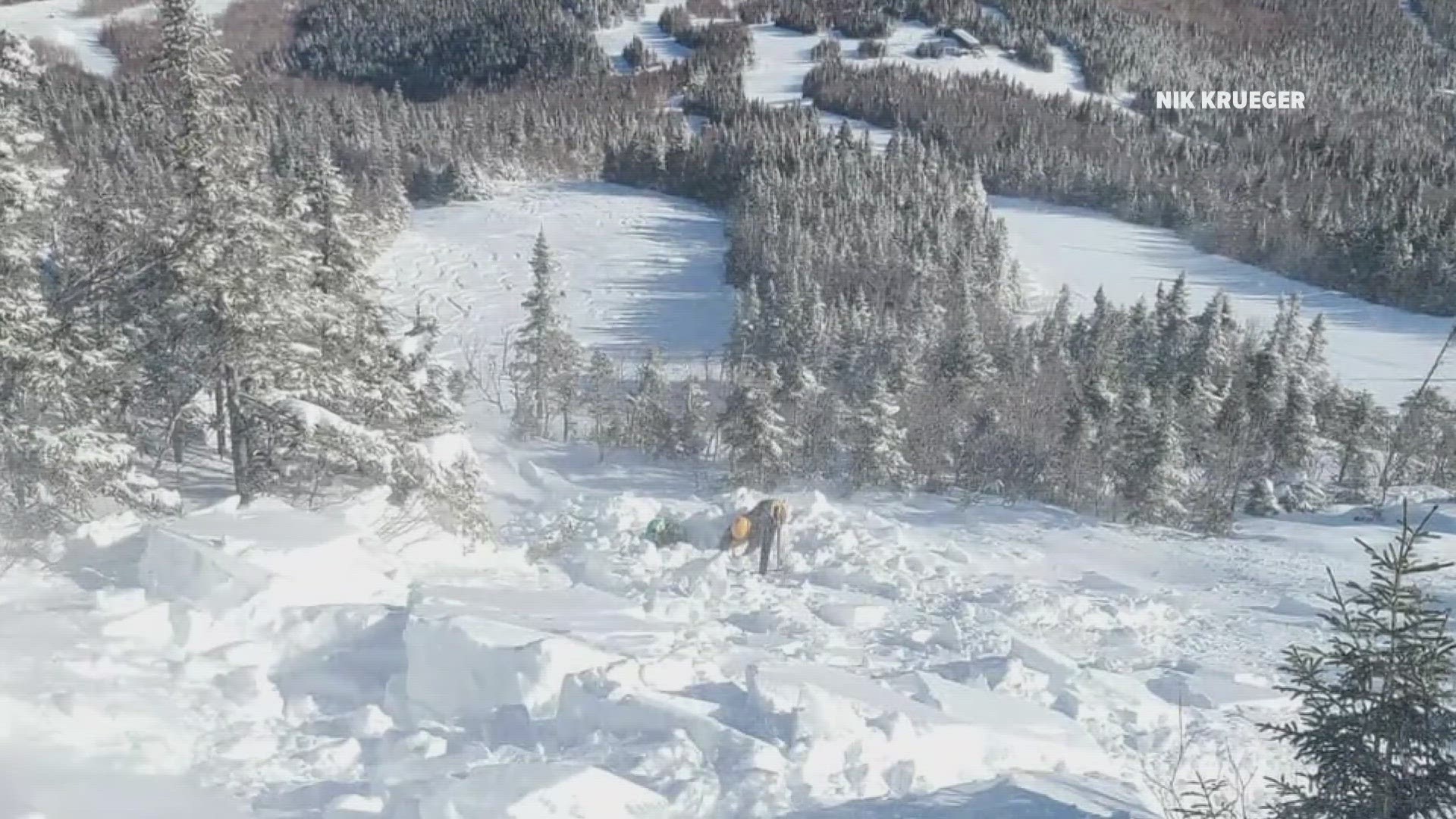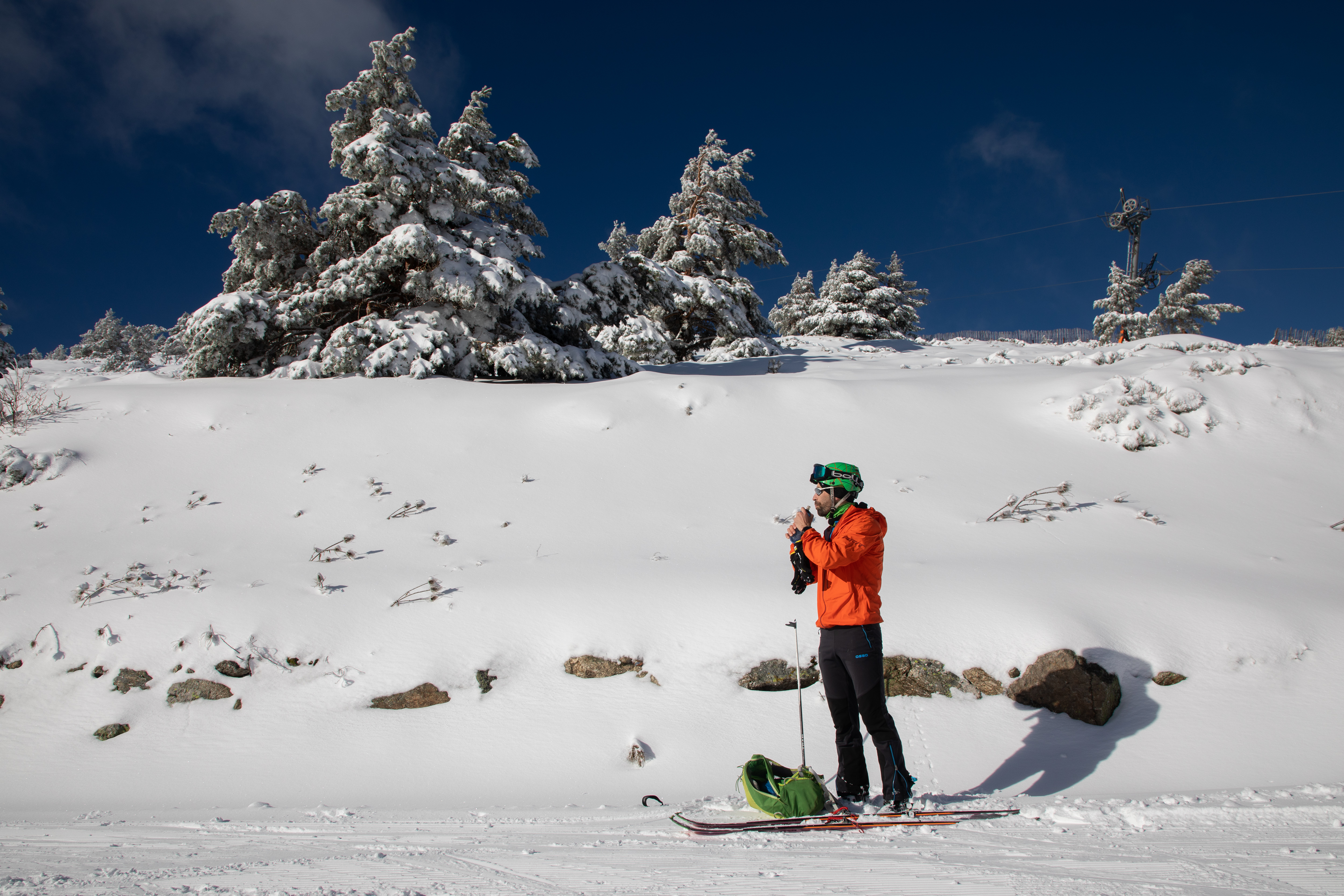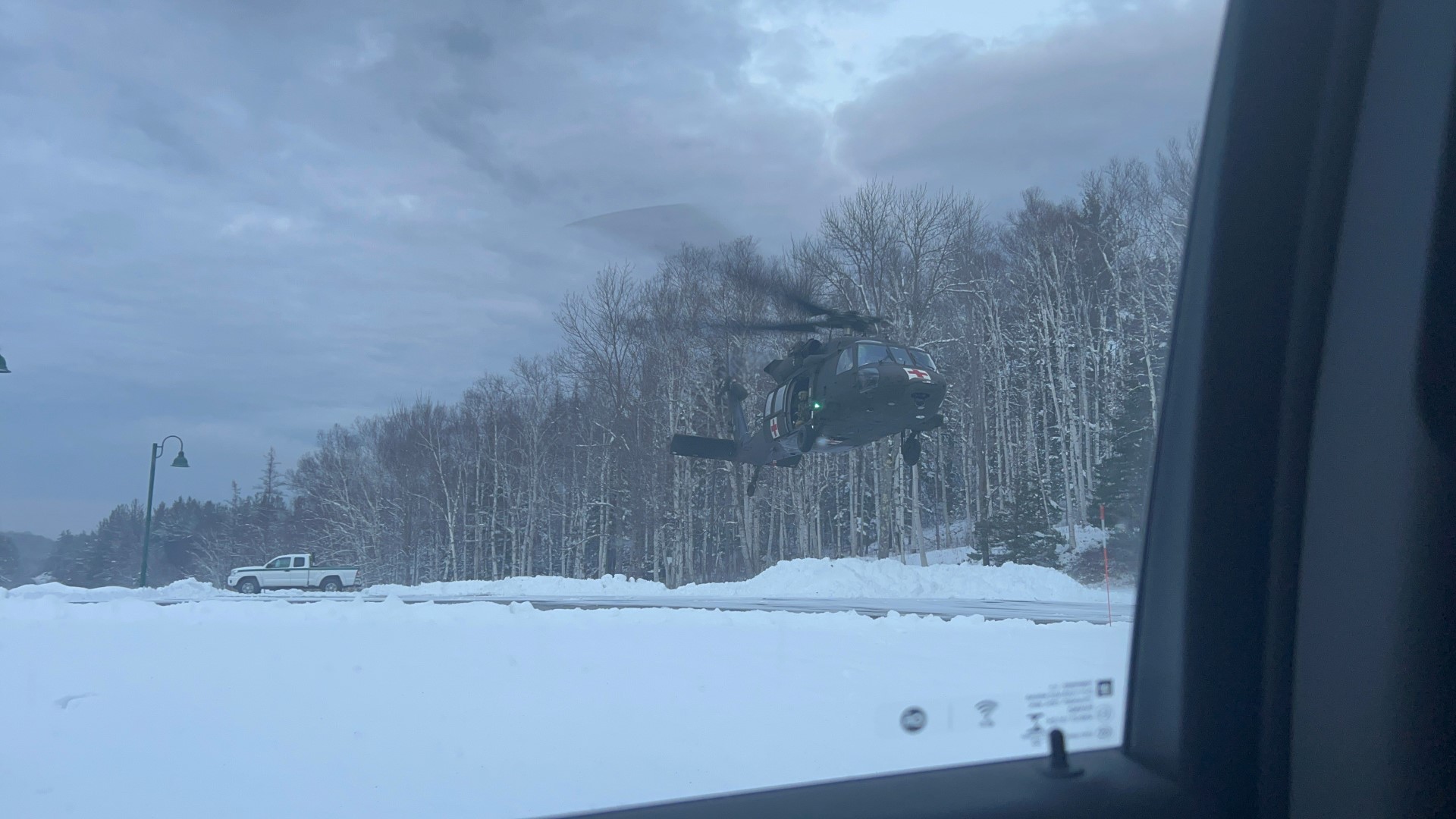
A snowboarder in New Hampshire reportedly narrowly escaped an avalanche on Mount Washington's Tuckerman Ravine last week.
The Mount Washington Avalanche Center posted video to its Instagram account showing the incident and warning that even small avalanches can have big consequences -- especially in the early season.
WATCH ANYTIME FOR FREE
Stream NBC10 Boston news for free, 24/7, wherever you are. |
According to the Instagram post, the terrain is relatively low-angle, and the avalanche debris slowed down while the snowboarder continued riding.
“You don’t often get away with things like that without serious injury or worse," explained Stu Johnson, an instructor with East Coast Avalanche Education. He's been caught in avalanches himself, and skis the area where the video was taken all the time.
Get updates on what's happening in Boston to your inbox. Sign up for our News Headlines newsletter.
“That looked pretty normal for this time of the season up there," he said.
This early in the season, he says, the real danger lies beneath the snow. The snowboarder could have been dragged along rocks, gone over a cliff, or gotten caught in a crevice then buried in the snow.
Johnson says in his own experience, he only had seconds to escape.
“When the snow started moving, luckily I was very close to the top the slide, so I was able to get off the side of it," he said.
If you're ever in this situation, Johnson says the first one to three seconds are crucial to try to get off to the side and grab onto a rock or tree, yelling "avalanche" to warn others.
If that doesn't work, try kicking off your gear, like skis, and protecting your head and core. Finally, try to create an air pocket in front of your face and stick your hand up out of the snow if you can't get yourself out.
The snowboarder in the video was not caught, carried, or buried, the Mount Washington Avalanche Center, said while cautioning the need to be prepared and for extra vigilance.
"It’s avalanche season! Exposed rocks, ice, trees, and terrain traps can compound the risk of triggering an avalanche," the center wrote, reminding skiers and snowboarders to get the gear, get the training, and get the forecast.
"Always be prepared to make your own snowpack assessments and decisions during the entire season but especially now, as less public avalanche information is available," the center added, noting that they're still weeks away from providing a daily forecast.
Last December, a 30-year-old New Hampshire man suffered a serious leg injury during an avalanche there while skiing with a friend through an area known as "Airplane Gully."




